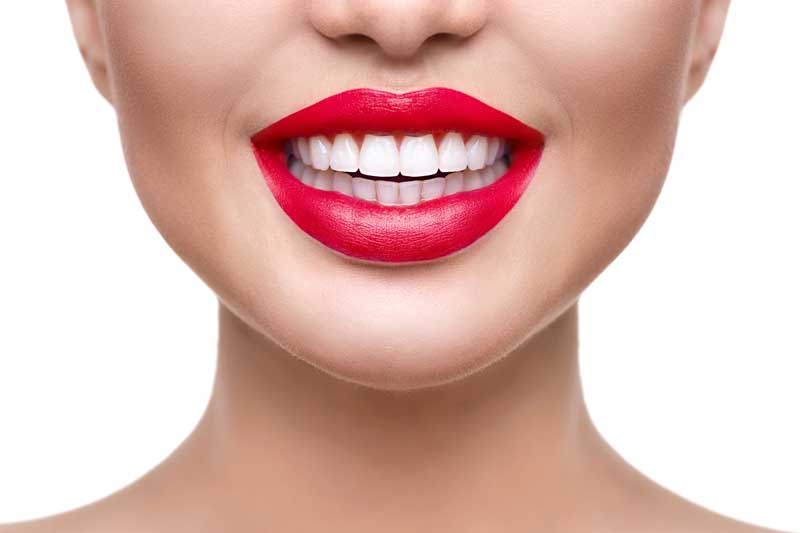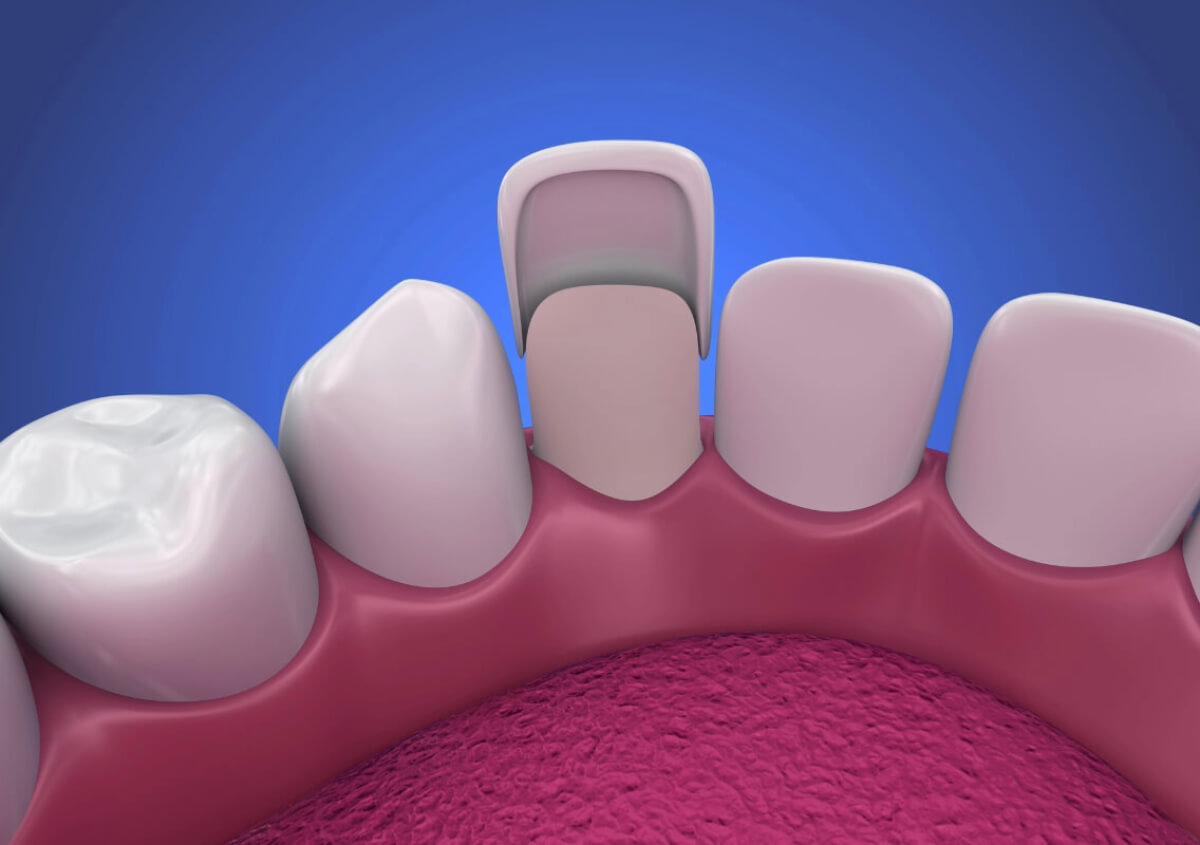Boost the natural brilliance of your smile with veneer options that you can trust
Veneers are the “secret” behind many of the world’s most attractive smiles. However, the results from this popular cosmetic dentistry procedure depend on the skill of the dentist, who is responsible for planning, designing, and applying these thin layers of dental composite or ceramic (porcelain). Fortunately, individuals from across Bergen County and northern New Jersey are in great hands by partnering with Ridgewood Dentistry and our talented “dental artist,” Dr. Warren Boardman.
Dr. Boardman has developed a particular interest and acquired advanced training in the latest esthetic dental techniques and technologies to support natural and attractive results, keeping the most comfortable and pleasant experience at our office!
Real patients, Real results – discover the Ridgewood Dentistry difference.
Porcelain Veneers

Porcelain Veneer Before After (Case 1)
Veneers options
Today’s patients have many options to disguise cosmetic imperfections, not limited to stubborn stains and discoloration, worn-down or short teeth, gaps between teeth, chips and surface irregularities, and poorly-shaped teeth. In consultation with you, Dr. Boardman may recommend “direct” veneers, a process commonly referred to as “dental bonding.”
These veneers involve applying a putty-like dental composite directly to the front surfaces of the visible teeth. Dr. Boardman then uses his considerable skill to sculpt the composite in a way that perfectly covers up gaps, chips, and other aesthetic concerns. The dental composite is then hardened and secured to the teeth via a specialized dental instrument. The process only requires one visit. No tooth structure is removed. So, it is a well-tolerated, conservative, and sensitivity-free procedure.
“Indirect” veneers involve preparing a dental ceramic, such as porcelain. The veneer is made in a dental lab to your specifications. Minimal tooth surface is removed to accommodate the thickness of the veneer. Since modern veneers are very thin, the utmost tooth structure is preserved, helping to minimize tooth sensitivity. The information collected from your prepared tooth is then used to guide the fabrication of your veneers. Once the permanent veneers are ready, Dr. Boardman secures them to the prepared teeth.
The process usually takes two visits. While not as conservative as their direct counterpart, indirect veneers are coveted for their ability to resist stains and mimic the natural translucency of tooth enamel. With proper care, porcelain is extremely strong and can last for many years.
Call (201) 448-8605 to learn more about veneers and other options to transform the appearance of your smile – in the most natural way possible!

This is a video about ceramic veneers. Veneers incorporate extremely conservative preparations and deliver outstanding cosmetic results, which can alleviate many aesthetic and functional problems. There are many applications for the use of ceramic veneers. They include repairing large anterior restorations, cracked teeth, closing spaces between teeth and transforming discolored teeth. Depending on the type of veneer to be used, your dentist will either make a very conservative preparation of the tooth or may not prepare the tooth at all. An impression of the teeth will then be taken. This impression will be sent to a laboratory where the veneers will be fabricated. Depending on the degree of the preparation, your dentist may or may not place temporary veneers until the permanent ones return from the laboratory. At the next visit, the temporary veneers will be removed and the permanent veneers will be tried in. Your dentist will check the fit, the bite, and the aesthetics. Once aesthetics and fit have been confirmed and approved, the veneers will be cemented with state-of-the-art bonding. Cement veneers will provide for years of improved aesthetics function, and a beautiful smile.



